Administrative
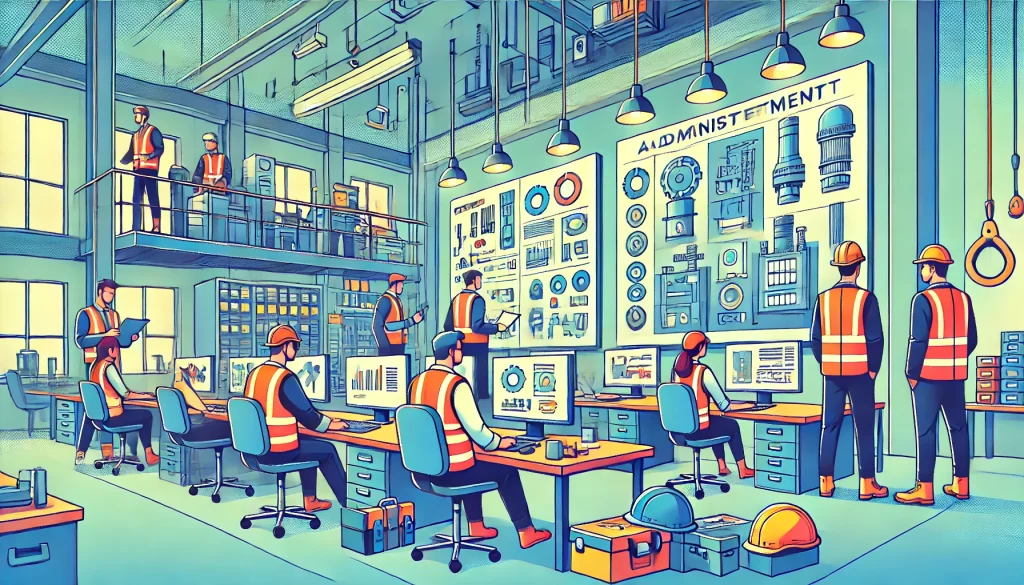
Please click on the desired course included in the package
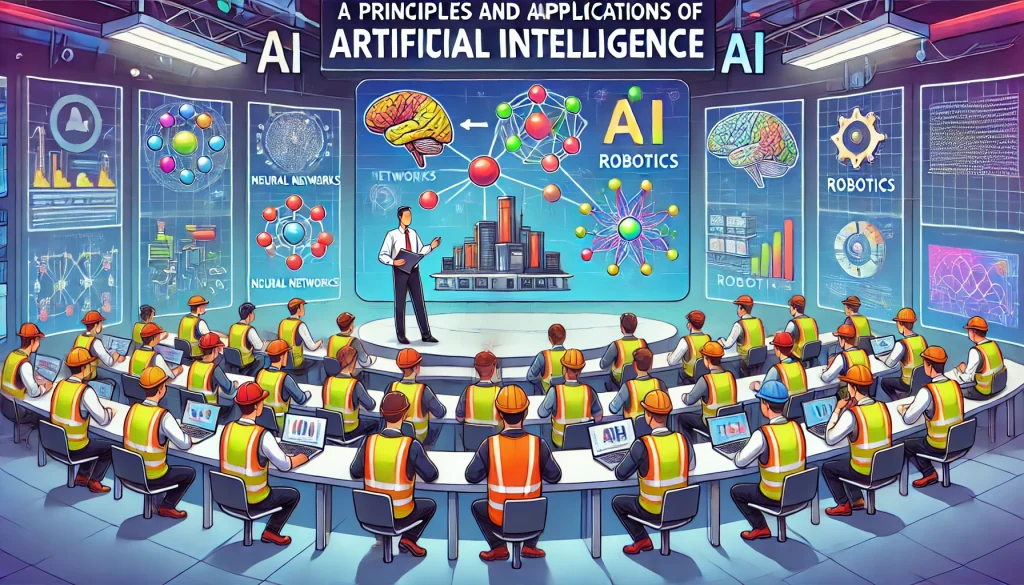
Course Description
The “Principles and Applications of Artificial Intelligence” workshop aims to provide a comprehensive and simplified overview of the basics of artificial intelligence (AI) and its various fields of application, with a focus on practical implementations. During the workshop, participants will be introduced to fundamental concepts, review an AI model with a hands-on application, and discuss how to utilize AI in everyday and professional life. The workshop combines theoretical explanation and practical application to enhance participants’ understanding.
What participants will learn by the end of the workshop:
Gaining practical knowledge that enables them to explore more AI applications after the workshop. Understanding the basic concepts of AI and its importance in the modern era. Identifying key fields where AI is applied in business and daily life. Developing the ability to analyze and use an AI model. Acquiring basic skills to apply AI in their professional domains. Understanding how to avoid common mistakes when using AI. Learning about the ethical and legal limitations associated with AI applications.
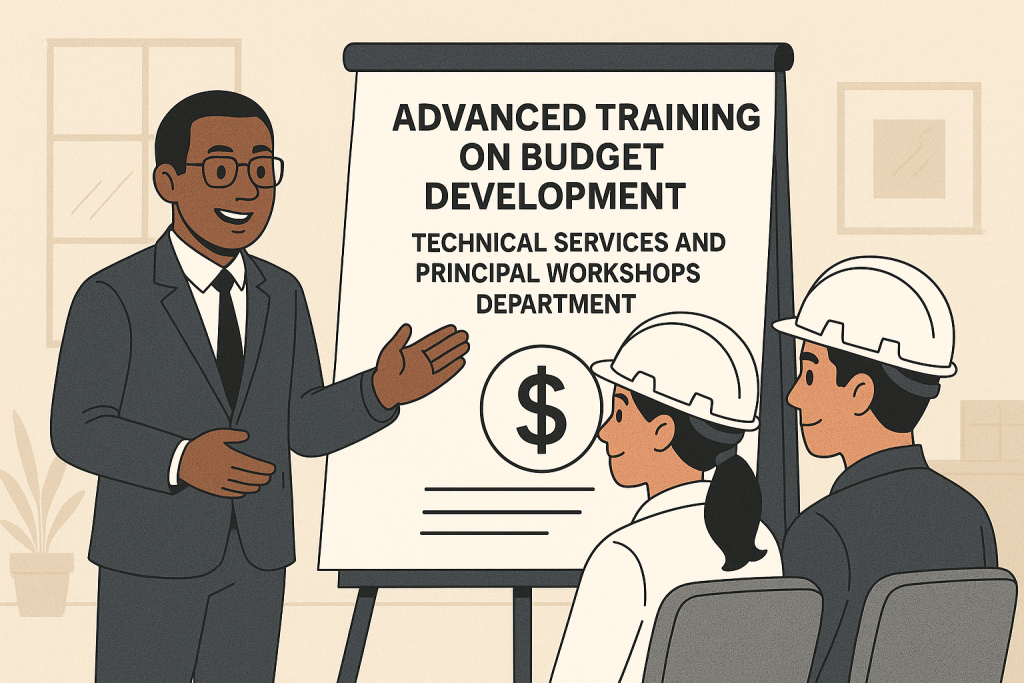
Course Description
Preparing Each Department within the Technical Services and Central Workshops Sector to Develop Its Own Budget in Compliance with the Ministry of Finance Regulations
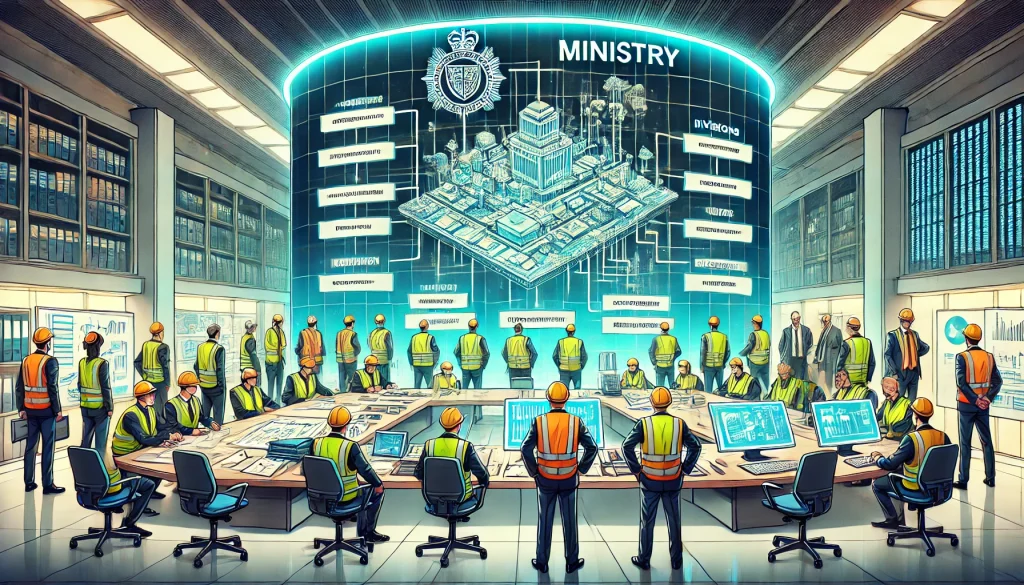
Course Description
Overview of the Ministry of Electricity, Water, and Renewable Energy.
– Explanation of the organizational structure of the ministry.
– Explanation of the nature of work and responsibilities of the departments within the Technical Services Sector and the main workshops.
– Connecting the tasks of the Technical Services Sector and the main workshops with other sectors of the ministry.
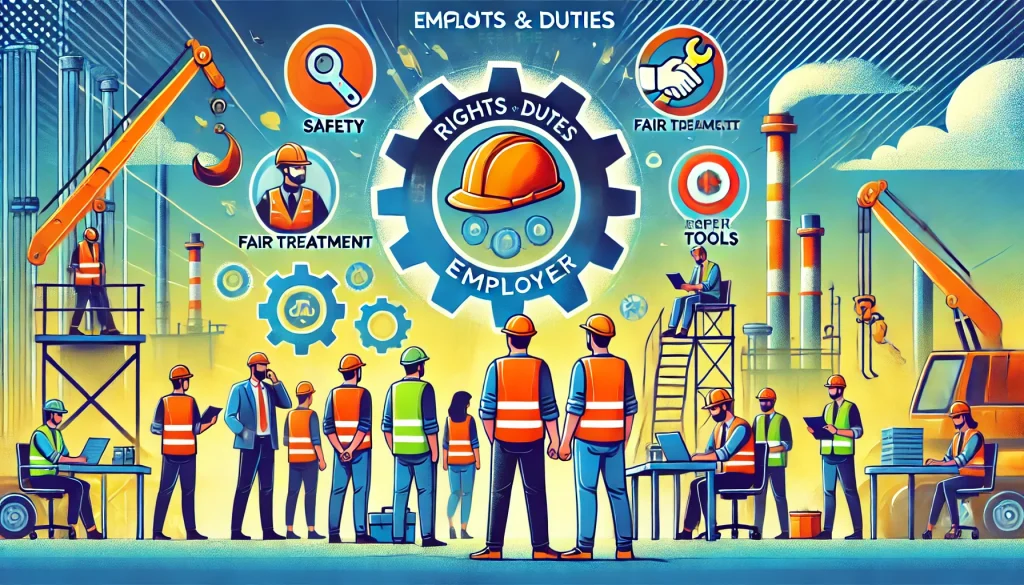
Course Description
The rights and duties of employees are fundamental to creating a fair and productive work environment. Employees have the right to a safe workplace, fair compensation, respect, and opportunities for growth. In return, they have the duty to perform their tasks responsibly, follow company policies, respect colleagues, and contribute to the success of the organization. Clear understanding and mutual respect of rights and duties help foster a positive work culture, improve job satisfaction, and promote organizational efficiency.
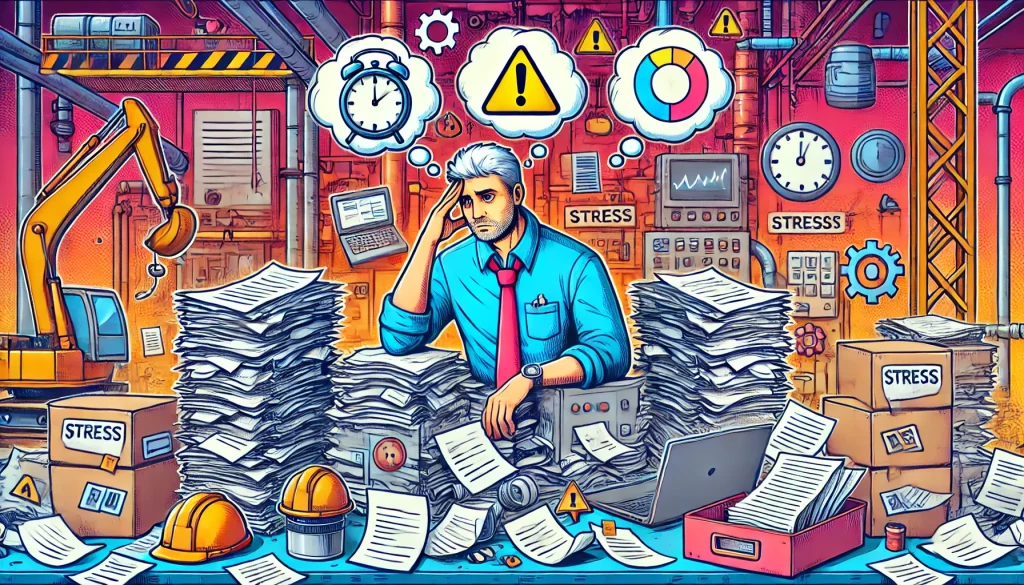
Course Description
Work stress and burnout are common challenges in modern workplaces, often resulting from high demands, long hours, and lack of support. Work stress refers to the physical and emotional strain caused by workplace pressures, while burnout is a state of emotional, physical, and mental exhaustion. Both can lead to reduced productivity, health problems, and decreased job satisfaction. Addressing work stress and preventing burnout involves fostering a supportive work environment, encouraging work-life balance, and providing resources for mental health and well-being.
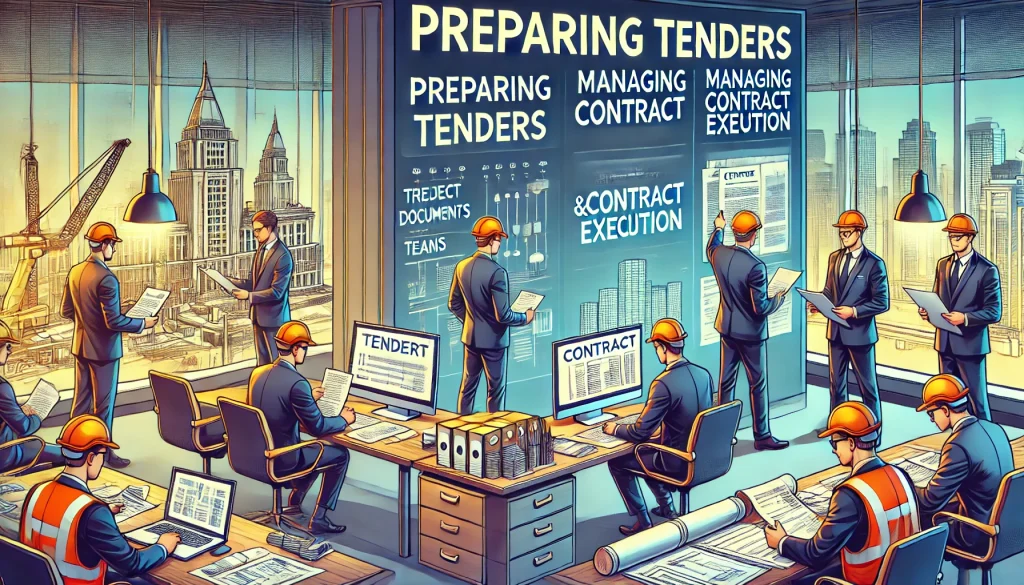
Course Description
Preparing tenders and managing contract execution are critical components of successful project management. The process involves drafting clear, comprehensive tender documents that outline project scope, terms, and requirements. Effective tender preparation ensures competitive bidding and selection of qualified contractors. Once a contract is awarded, managing its execution includes overseeing progress, ensuring compliance with agreed terms, monitoring budgets, and mitigating risks to guarantee timely and successful project completion.
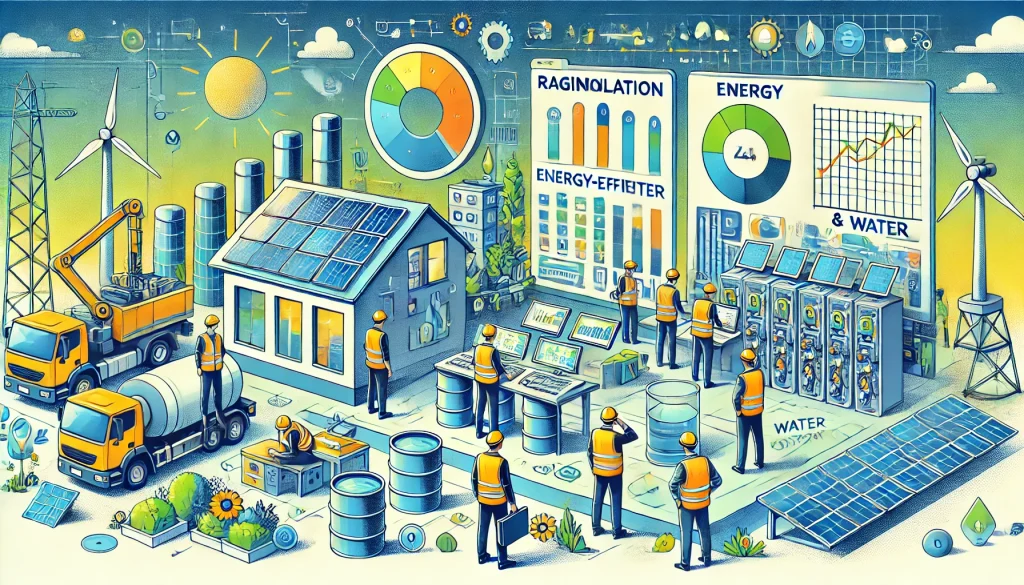
Course Description
Rationalization of electricity and water consumption is essential for promoting sustainability and reducing environmental impact. It involves adopting energy-efficient technologies, optimizing usage, and encouraging responsible consumption behaviors. Key strategies include using energy-saving appliances, fixing leaks, improving insulation, and raising awareness about the importance of conservation. Rationalizing electricity and water not only helps conserve natural resources but also reduces utility costs and minimizes the strain on infrastructure, ensuring a more sustainable future for communities.
